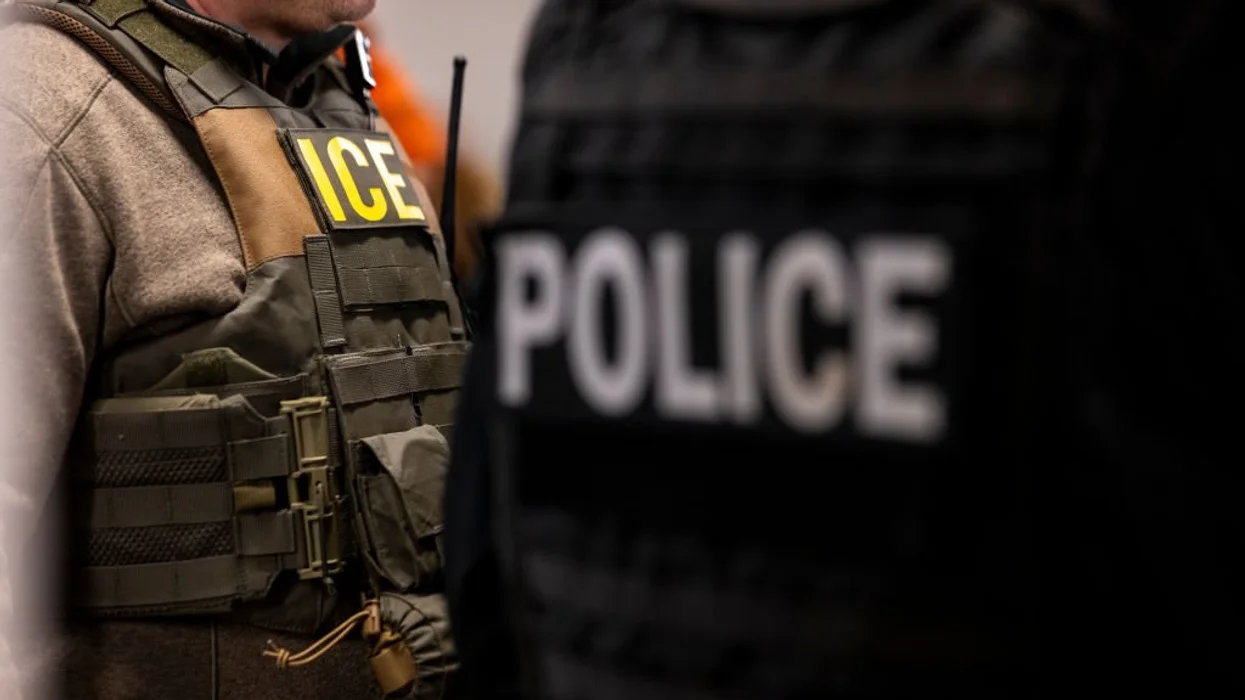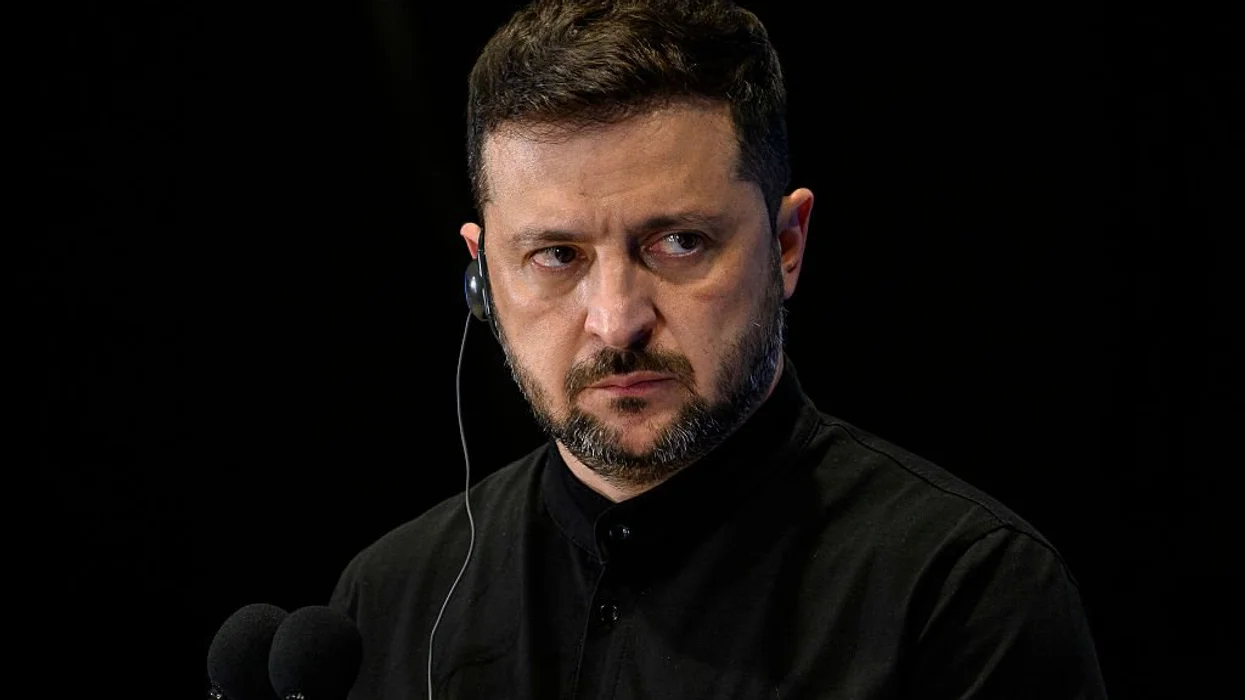
© 2025 Blaze Media LLC. All rights reserved.
“This cooperation should be very, very discreet. We should not show to al-Qaeda that we are now working with the Americans.”

What may look like private planes flying over Africa could really be surveillance aircraft equipped with video recorders, infrared sensors, and radio and cellphone signal detection devices. The Washington Post explains these spy planes are part of the U.S. military's "secret intelligence operations" in the country set to track terrorists.
The Post calls this a "shadow war against al-Qaeda affiliates and other militant groups" with the code name "Creek Sand." The brains of the operation is run by U.S. Special Operations but much of the brawn, the Post reports, comes from private military contractors and troops in Africa.
The details of the spy flights, as they're being called, are pieced together by the Post, which notes military command saying it cannot comment directly on the operations. Here are some of the details reported by the Post:
Because of its strategic location on the Horn of Africa, Camp Lemonnier is a hub for spy flights in the region. It is about 500 miles from southern Somalia, an area largely controlled by the al-Shabab militia. Lemonnier is even closer — less than 100 miles — to Yemen, where another al-Qaeda franchise has expanded its influence and plotted attacks against the United States.Elsewhere in Africa, the U.S. military is relying on private contractors to provide and operate PC-12 spy planes in the search for Kony, the fugitive leader of the Lord’s Resistance Army, a group known for mutilating victims, committing mass rape and enslaving children as soldiers.
Ham, the Africa Command chief, said in his testimony to Congress in March that he was seeking to establish a base for surveillance flights in Nzara, South Sudan. Although that would bolster the hunt for Kony, who is wanted by the International Criminal Court, it would also enable the U.S. military to keep an eye on the worsening conflict between Sudan and South Sudan. The two countries fought a civil war for more than two decades and are on the verge of war again, in part over potentially rich oil deposits valued by foreign investors.
Other aviation projects are in the offing. An engineering battalion of Navy Seabees has been assigned to complete a $10 million runway upgrade this summer at the Manda Bay Naval Base, a Kenyan military installation on the Indian Ocean. An Africa Command spokeswoman said the runway extension is necessary so American C-130 troop transport flights can land at night and during bad weather.
About 120 U.S. military personnel and contractors are stationed at Manda Bay, which Navy SEALs and other commandos have used as a base from which to conduct raids against Somali pirates and al-Shabab fighters.
About 6,000 miles to the west, the Pentagon is spending $8.1 million to upgrade a forward operating base and airstrip in Mauritania, on the western edge of the Sahara. The base is near the border with strife-torn Mali.
The Defense Department also set aside $22.6 million in July to buy a Pilatus PC-6 aircraft and another turboprop plane so U.S.-trained Mauritanian security forces can conduct rudimentary surveillance operations, according to documents submitted to Congress.

Also interesting is the fact that the military is not using one of its more popular surveillance methods as of late: drones. The Post reports unarmed, single-engine Pilatus PC-12s comprise most of the fleet.
The home base for most of the operations comes from Ouagadougou, and Defense Minister of Burkina Faso Yero Boly called the U.S. operations in 2009 "extremely discrete." The Post interviewed Foreign Minister of Burkina Faso Djibril Bassole about the operations. Here's what he had to say:
“We need to fight and protect our borders,” he said. “Once they infiltrate your country, it’s very, very difficult to get them out.”Bassole declined, however, to answer questions about the activities of U.S. Special Operations forces in his country.
“I cannot provide details, but it has been very, very helpful,” he said. “This cooperation should be very, very discreet. We should not show to al-Qaeda that we are now working with the Americans.”
There are a couple things the Post notes this operation in Africa reveals about the Special Ops overall:
- Special Operations forces are working all over the world, "not just in war zones."
- "Special Operations forces are blurring the lines that govern the secret world of intelligence, moving aggressively into spheres once reserved for the CIA."
Read more details in the Washington Post's report here.
Want to leave a tip?
We answer to you. Help keep our content free of advertisers and big tech censorship by leaving a tip today.
Want to join the conversation?
Already a subscriber?
more stories
Sign up for the Blaze newsletter
By signing up, you agree to our Privacy Policy and Terms of Use, and agree to receive content that may sometimes include advertisements. You may opt out at any time.
Related Content
© 2025 Blaze Media LLC. All rights reserved.
Get the stories that matter most delivered directly to your inbox.
By signing up, you agree to our Privacy Policy and Terms of Use, and agree to receive content that may sometimes include advertisements. You may opt out at any time.





